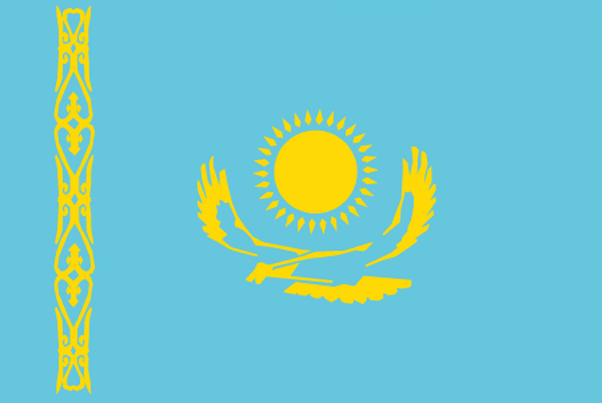Kazakhstan’s Gilded Cage

For Foreign Policy, I asked why Kazakhstan, which is in the process of oppressing its civil society in a way it never did in the 90s, is getting such good PR.
The international respectability has come, too, if a little more slowly.** **In 2010, Kazahkstan chairedthe Organization for Stability and Cooperation in Europe — the first post-Soviet state to do so. How Almaty came to channel Vienna is a bit of a mystery. Scholars speculate that Kazakhstan’s chairmanship of the OSCE was the capstone in a long economic modernization process meant to showcase the country’s potential as an equal to the West. And Astana’s first project upon chairing the OSCE was an attempt to resolve the Nagorno-Karabakh conflict between Armenia and Azerbaijan.
And, then, there is its steady rise as a global nuclear mediator. Kazakhstan might be the only place where Iran and the P5+1 can disagree amicably: Kazakhstan is near Iran, and it has recognized Iran’s right to a civilian nuclear program. And the West might consider Kazakhstan’s own nuclear legacy a suggestive model for Iran — a point that President Nazarbayev made plainly in a New York Timesop-ed a year ago.
Part of it is Kazakhstan’s relentless lobbying. They spend millions of dollars a year courting journalists, officials, and investors. But also, paradoxically, the film Borat may have unintentionally helped them: rather than appearing as an unusually wealthy autocracy, they appear as a bit harmless and rather silly.
Still, whenever a country develops a good reputation it’s always worthwhile to dig a little bit deeper and see if that’s really worth it. Kazakhstan, for example, might seem like a great investment for its oil and uranium wealth… but it also is not afraid to engage in political obfuscation, threaten to nationalize foreign investments, and seize blocks it’s already sold to firms in an attempt to keep itself wealthy. So there is a dark side to its success as well.